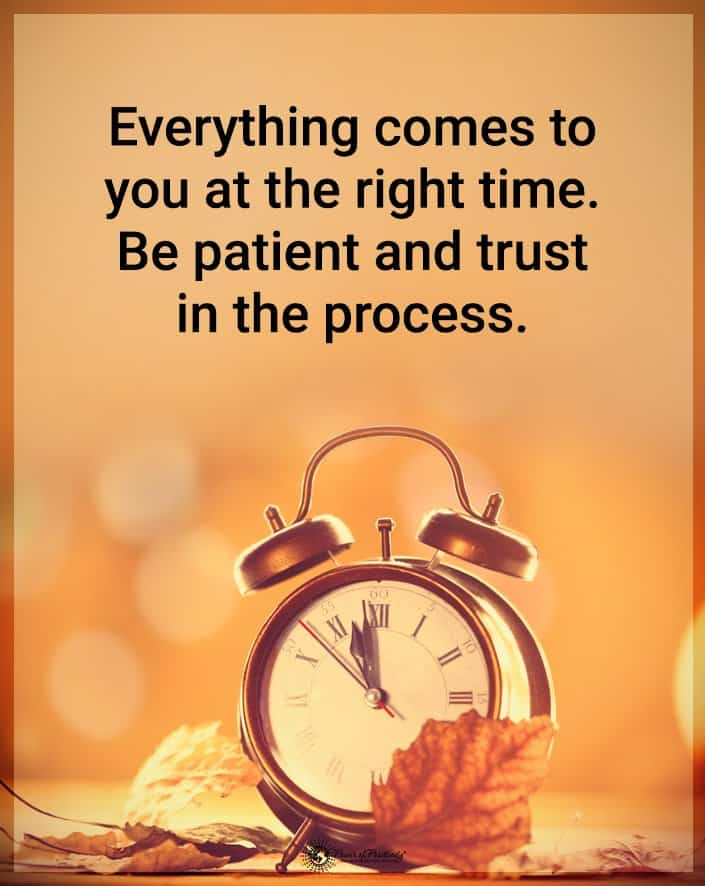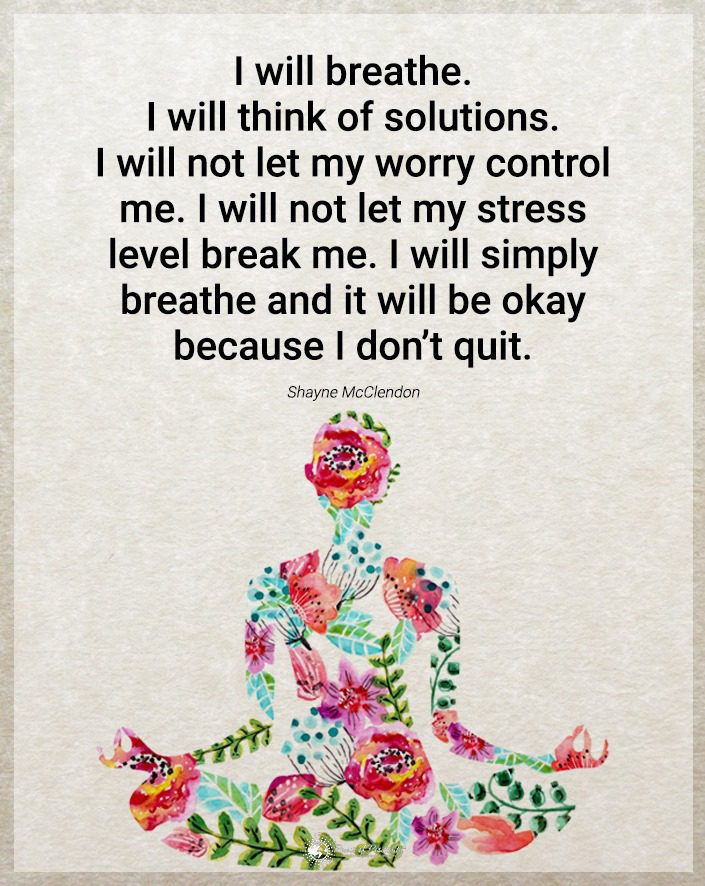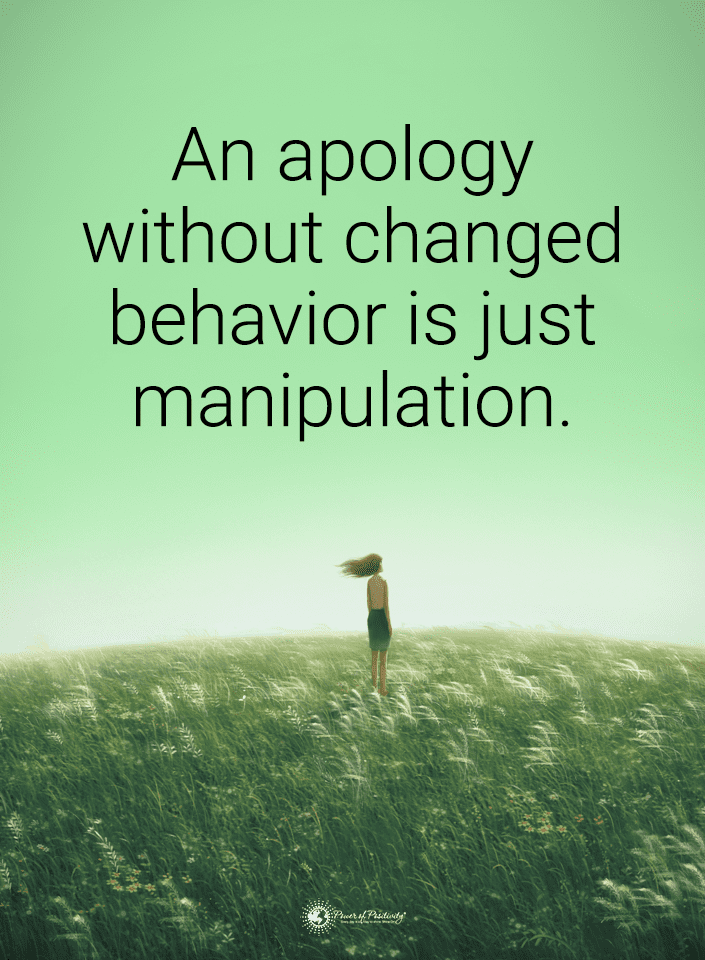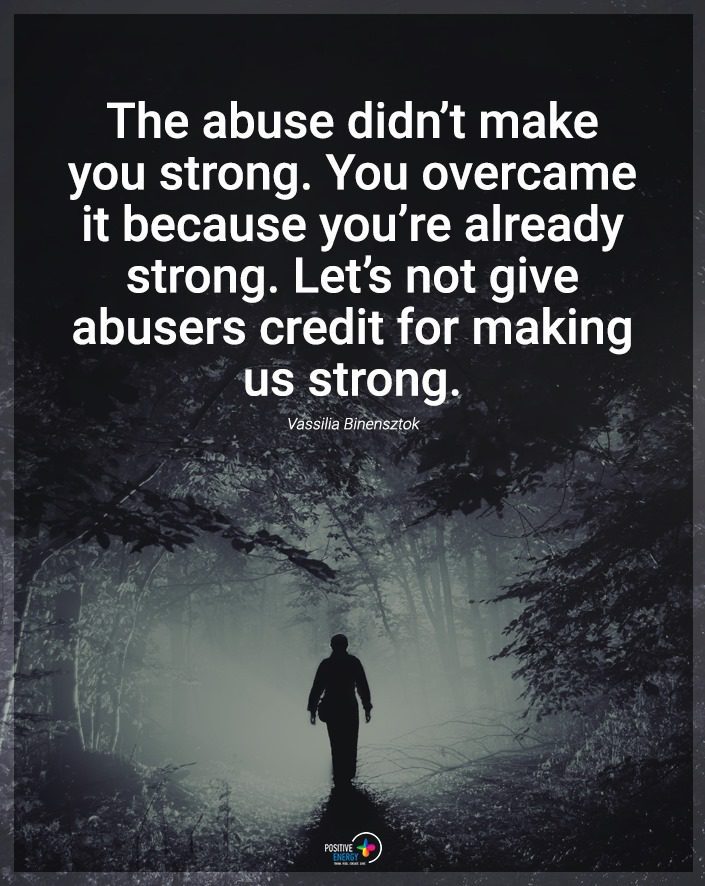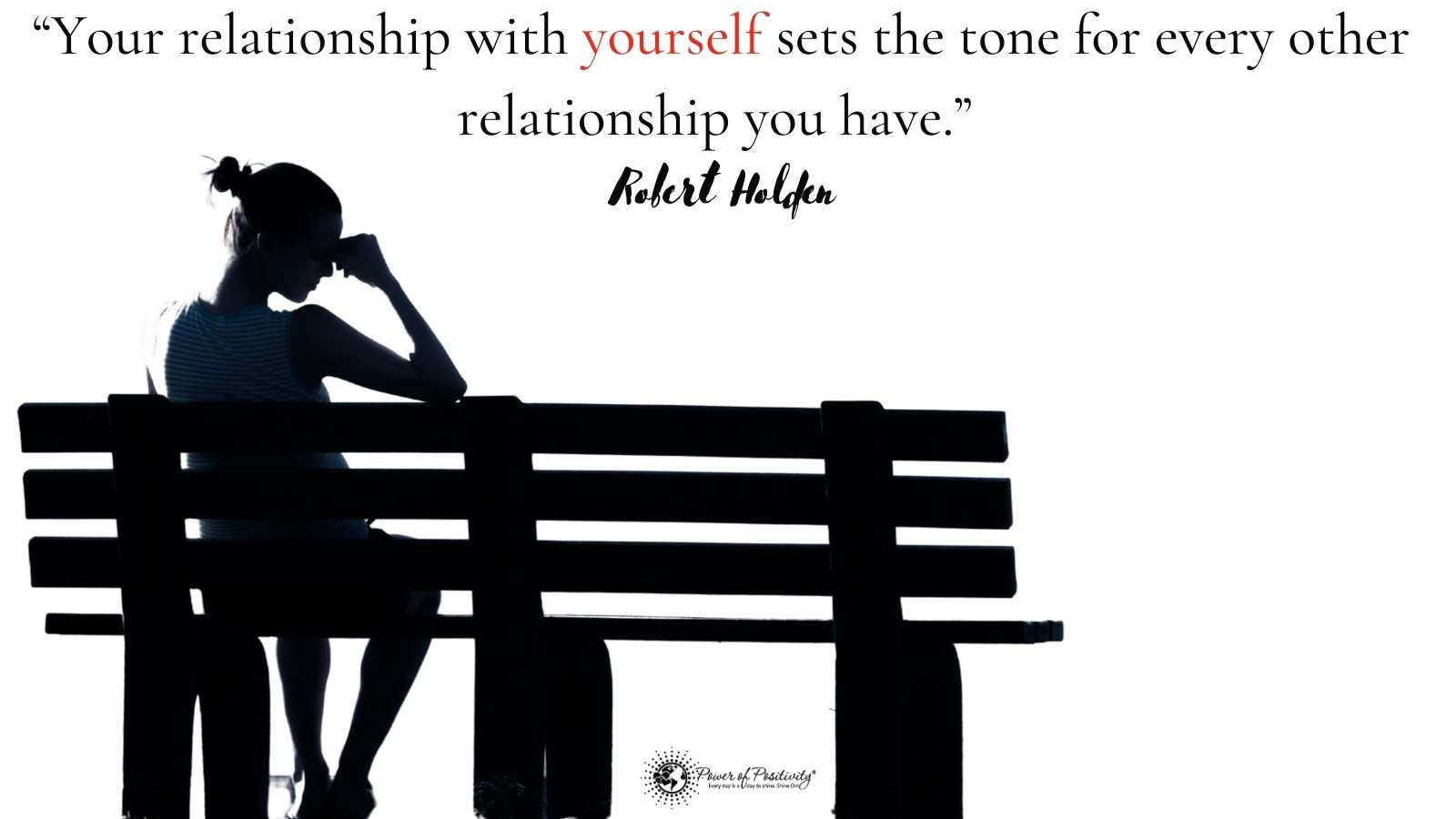Many common depictions of a bad boyfriend are pretty extreme. They feature prominent red flags that would set off alarm bells for virtually all self-respecting women. In reality, a bad boyfriend is not necessarily someone who is obviously and overtly malicious.
In most cases, guys will not display their negative traits in ways that would easily scare someone off. However, you’ll have to pay close attention to signs that your relationship dynamic could be toxic. Here are five signs of a bad boyfriend, so avoid these guys!
Editorial note: We also acknowledge that some women are bad girlfriends. Because male and female behaviors often differ, we address those bad girls in a separate article.
1 – A Bad Boyfriend Doesn’t Make Time For You
Everyday life can get busy, so you may not see your boyfriend as often as you’d like. But research shows that quality time is a crucial part of happy relationships and marriages with high satisfaction. So what makes the difference between a bad boyfriend and a busy one?
When we schedule our busy lives, we do what we can to pencil in the things we consider essential. You might, for example, make sure you always have a couple of hours free on weekend nights to spend with friends or family. Or you may ensure that you always spend 45 minutes every day at the gym and leave double that time free so you can shower, commute, and work with the inconveniences of that priority.
We can actively choose what we consider necessary enough to spend time on. A bad boyfriend will not consider women of the things on this list. You may see him very little or talk to him much less than you’d like to. As such, the following circumstances may apply to a bad boyfriend.
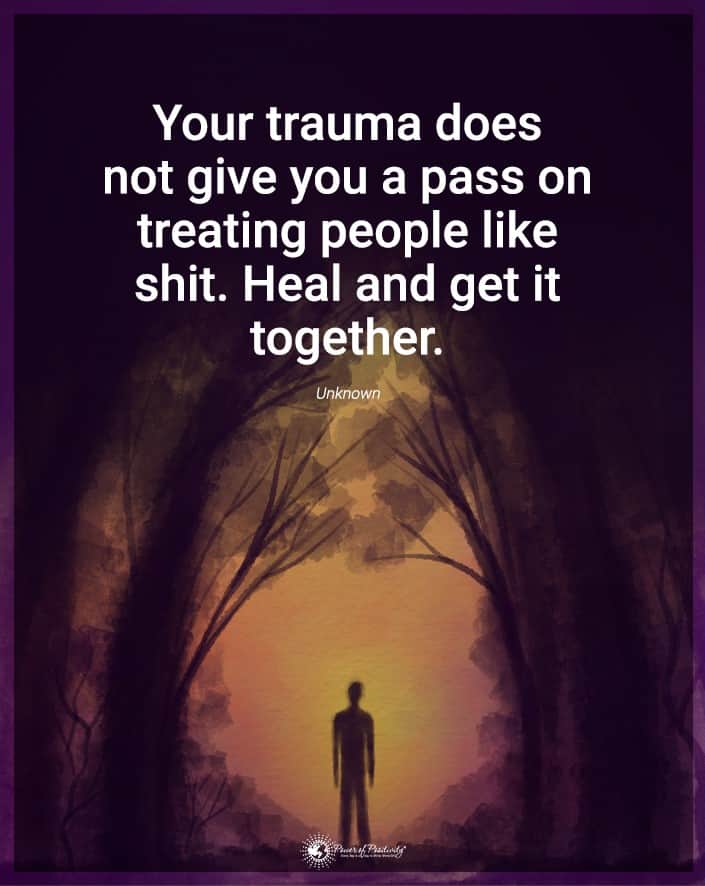
Lack of Responsiveness
He doesn’t reply to texts or return calls quickly. Of course, no one will constantly be glued to their phone, and your boyfriend will occasionally be too busy to get to his phone at work or in other circumstances. But he shouldn’t be taking days to reply to a text or refusing to call you, even when he has a lot of time to spare. If he’s decided that talking to you is at the bottom of his to-do list, he’s not making the necessary time for you.
Dodging You
It feels impossible to get him to spend time with you. When you ask him to hang out or come over, he doesn’t seem to have the time. No matter how much space you give him and how little you ask for, he may act like you’re requesting the impossible. When you express how you’d like to see him more, he reacts in highly negative ways, behaving almost as if you’re attempting to ruin his life and free time.
Inattentiveness
When he spends time with you, he’s not truly present. A bad boyfriend may keep up appearances by agreeing to go on dates, but he’ll not really be there. Instead, he’ll be on his phone, a poor conversationalist, and may always seem lost in thought. You might feel he doesn’t want to be there at all, or you might have trouble connecting with him. Either way, he’s only physically present, not mentally.
Making Excuses
There’s always an excuse. So when you talk about wanting to spend more time with him, he constantly has a reason to throw out. Yes, life can be busy, and sometimes balancing a schedule is brutal. But a good boyfriend will add you to his list of priorities and include you in his schedule.
2 – Women Need the Little Things (and He Does Not Provide Them)
Many people overemphasize the romanticism of grand, sweeping gestures. But, in reality, the opportunities for such gestures at appropriate times will not be frequent. That’s why the little things often matter most in healthy relationships. Experts at the Gottman Institute state that brief experiences of everyday love and small bids for a connection back and forth signify a relationship that can go the distance.
On their own, the so-called little things seem like they barely matter. But these small gestures add up over time, and they often serve as what keeps the romance going. A bad boyfriend will fail to perform little gestures and often dismiss your requests for them.
Examples of little things include:
- Always making sure to give you a hug or kiss before he leaves or when he sees you
- Asking about your day and genuinely wanting to know about it
- Getting you something to eat when he’s getting something for himself
- Asking if there’s anything you need or want him to buy when he’s out at the store
- Keeping up daily routines or rituals of love and affection
- Complimenting you and expressing appreciation for you
- Being flirtatious with you now and then, especially after you’ve been dating for a long time
Think about it: little things often take minimal effort to perform but go a long way in expressing love. Why wouldn’t a partner want to make the extra effort to perform those gestures?
3 – A Bad Boyfriend Keeps a Lot of Secrets
Everyone has the right to their privacy, and that goes without saying. But there’s a big difference between wanting privacy and keeping unnecessary secrets. While it’s acceptable to have a few secrets that are purely personal to you and don’t affect a partner, a bad boyfriend will have far too many. Most of the time, these secrets will also be things that could change your opinion of him or affect you somehow.
A bad boyfriend’s secrets may not be immediately apparent. He may keep them by dodging your questions and acting strangely shady about seemingly ordinary things. For example, he may not want to tell you about his work or friends, or he may be hiding certain things from you that would be deal-breakers in your eyes. He may also keep secrets because he has no plans to stay committed to you in the long run and doesn’t want an attachment to develop between you. Either way, excessive secrecy is a red flag.
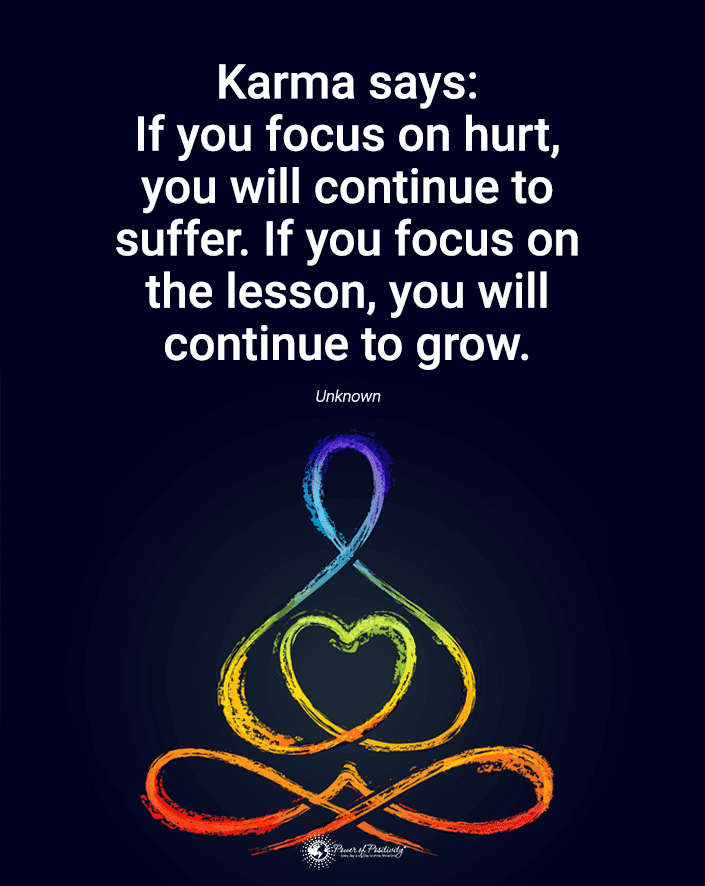
4 – A Bad Boyfriend Exerts Control Under The Guise Of Caring About the Woman
Many women may excuse a bad boyfriend’s controlling behavior if their boyfriend presents the behavior as caring or protective. After all, many people like feeling safe and protected, and it’s flattering to think that a partner cares deeply about you. In addition, research shows that men often need to be “heroes” to their partners. But be warned because there’s a limit to how far protectiveness can healthily go before it’s simply a means for toxic control.
It’s a common misconception that controlling behavior is only truly controlling if it involves violence, aggression, or extreme verbal abuse. However, a bad boyfriend who seeks to control you may not perform such obvious actions, as he’ll likely be aware that it could raise red flags quickly. So instead, he may attempt to control you under the guise of love in the following ways.
Chronic criticism
A bad boyfriend will often be harsh and find something wrong with almost everything you do. If you speak out against it, he will likely defend himself by saying that he’s just being truthful or honest or suggesting that you learn to accept criticism better. In reality, he’s using criticism to try and shape you into who he wants you to be.
Constant demands for disclosure
A bad boyfriend will often be overly sneaky or suspicious, snooping through your devices and spying on you due to personal paranoia. He may accuse you of constantly hiding things from him or demand constant and highly detailed disclosure about everything happening in your life. He may also comb over you to find perceived flaws, even when none exist.
Disrespecting boundaries
Some violations of boundaries will raise huge red flags, but others can be disguised as affection. For example, a bad boyfriend may constantly encroach on your alone time by citing how much he misses you or wants to be around you. He may guilt trip you for making time for anyone else. Before long, you’ll find yourself isolated from the world around you as he monopolizes your life.
Letting you earn his affection
Love should be given on a near-unconditional level to long-term committed partners. A bad boyfriend will make it very clear that his love is conditional and not in a reasonable way. He may say that he loves you more when you behave a certain way. He might refuse to give you love or affection until you behave as he wants you to. You may feel like a child being punished or taught a lesson by an overbearing parent or teacher.
5 – A Bad Boyfriend Dismisses Your Concerns
Dismissiveness is the final nail in the coffin when determining if someone is a bad boyfriend. All previous signs of toxic patterns are things that you can resolve if the man in question listens to your communication about them and is determined to improve himself and the relationship. If you and your boyfriend want to make something work, you can do it with open and direct communication and genuine effort.
But all of this becomes impossible for women with a dismissive partner. When you raise your worries and issues to him, he may:
- Call you crazy or insist that you’re overreacting
- Attempt to reframe events so that he looks like the victim – or at least like he’s innocent
- Offer nothing but empty promises and then continue the negative behavioral patterns anyway
- Focus solely on defending himself and therefore never listening to you
- Guilt trip you by saying he never has problems with you
It is this type of dismissiveness that genuinely makes a lousy boyfriend. If your partner isn’t willing to hear you, what’s the relationship’s point?

Final Thoughts On Some Signs Of A Bad Boyfriend, According To Women
It’s easy to be forgiving of a bad boyfriend and to give him endless second chances. But women should not ignore the red flags! If you think that this kind of behavior is acceptable, it’s time to raise your standards. You deserve a boyfriend who treats you well – the bare minimum.





